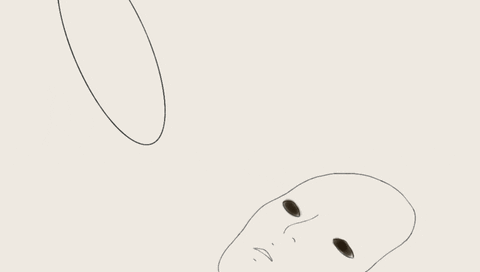We read books to connect. The information on the page links our brains to another human being—to communicate something important, to uncover a truth hidden from our current reality.
In many ways, writing brings us closer to ourselves. At the same time, it lets us experience the thoughts of another—through characters, plots, or beautifully written sentences that stir a feeling we haven’t felt before, or spark a thought we’ve never had.
Reading is probably the closest thing we have to mind-reading. A portal into someone else’s imagination. Unless, of course, you’re telepathetic.
But the AI boom is changing how we think about writing. It’s changing how information is processed and how people come to label themselves as authors.
If writing is uniquely human, if the act of arranging words is proof of life, then the involvement of a machine risks corrupting that form of expression.
We are living through a radical shift in how we write, share, and interpret meaning. AI is forcing us to ask deeper questions:
What does it mean to be human?
What does it mean to connect?
What does it mean to write?
There may not be answers yet. But the questions are starting to surface and they demand our attention.
If this article resonated with you, consider supporting my work by sharing. It truly means a lot. Thanks for reading and being a subscriber.





This article is so essential for all people to read. As a poet / writer educator - librarian and activist for the neurodivergent population I applaud you. When I was deathly ill with Covid in 2020 I was commissioned to write a poem about the future of literature and poetry in the maths of AI. I wrote a poem and one of the major verses in the poem I’m going to disclose to you right now
AI may imitate the physical the mental maybe even slightly emotional components of a human to try to make the whole. But it cannot and it will not be able to imitate the soul. It was something like that.